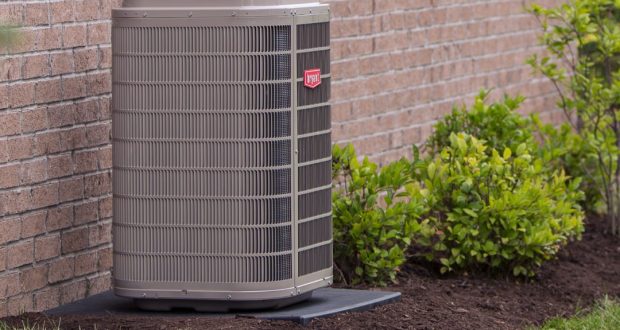There are pros and cons to all types of heat pumps, but one common question recurs: what are the differences between Electric, Ground-source, and Hybrid heat pumps? Let’s explore these questions together to determine what type of heat pump best fits your home. Also, learn how heat pumps work and what factors affect their performance. Finally, this article will discuss the benefits and drawbacks of each type.
Air-source heat pumps
There are pros and cons to both air-source heat pumps and traditional boilers. These appliances can save you money on natural gas, propane, and oil. However, they also require large surface areas for heat to escape. This means that you should keep air-source heat pumps away from things such as a barbecue or your garden furniture. The installation process is also more expensive than a retrofit. Nevertheless, air-source heat pumps are becoming increasingly popular for home heating.
Despite their low maintenance requirements, air-source heat pumps need to be serviced periodically. Regular cleaning and checks can keep the system running efficiently for a long time. Depending on the model, simple tasks can include checking for leaks and refrigerant levels, clearing dust, and removing plants. However, more complicated jobs should be left to a professional. However, the pros and cons of an air-source heat pump are well worth the additional costs.
Ground-source heat pumps
Although a ground-source heat pump is environmentally friendly and safe, it does have its disadvantages. For example, it requires electricity to run and cannot be retrofitted to an older building. Also, certain local soil types don’t transfer heat well, and underground obstructions could make the installation difficult. Ground-source heat pumps are not suitable for all homes, so it is essential to check whether your property is ideal before buying one.
Installing a ground-source heat pump isn’t cheap, but it can save you PS1,400 yearly on energy bills. In addition, the government is willing to help you finance a heat pump installation through a scheme called the Renewable Heat Incentive (RHI). The payments can range between PS2,335 and PS2,750 for an average four-bedroom detached home. So while ground-source heat pumps may be expensive upfront, they can pay off in no time.
Electric heat pumps
There are several benefits to owning an electric heat pump. For one, they save homeowners money on their energy bills. However, if you’re considering buying one for your home, you should know that they can also cause some maintenance problems. Also, they can be noisy, especially in cold climates. That’s one reason you should use a qualified electrician to install one. But, these pros and cons are outweighed by the many benefits they can bring.
One of those benefits is that they can provide a high Coefficient of Performance, allowing them to operate with very little energy. In addition, as the temperature outside drops, the system’s efficiency increases. However, it does require additional maintenance and requires a backup system. But, you can find a contractor to take care of these tasks. If you’re comfortable performing DIY maintenance, you can go with installing an electric heat pump with the help of company services if you cannot do it yourself.
Hybrid heat pumps
Hybrid heat pumps can provide more energy efficiency and longevity than traditional heating systems. However, they are more expensive to purchase and install at the start of the year. Because of this, they are choosing a hybrid heating system as an excellent way to save money while providing quality comfort year-round. There are pros and cons to each type of heating system, so you should choose the one best suits your needs. The first pro of a hybrid heating system is that it can save homeowners between 30 and 50 percent on energy costs per year. Because it only consumes a small amount of electricity, hybrid heat pumps are greener because they don’t use fossil fuels all year long. However, they do produce background noise. While a hybrid heating system is not frugal if used regularly, it can help your property’s value by reducing heating bills.
Cost to install
Several factors often determine the cost of installing a heat pump. Some systems, such as geothermal heat pumps, use ground-source energy and can take upwards of 40 hours to install. On the other hand, a ductless system can take only five to ten hours to install, but the costs will depend on the type of system you choose and the square footage of your home. There are also various financing options available, including leasing to own and tax credits. Take into consideration reading about the heat pumps Conway AR to find out more.
There are several different heat pumps, including geothermal ground-source and solar. Ground-source heat pumps are the most energy-efficient and require an underground loop system. While they cost more to install, they’re also worth the price. In addition, heat pumps are more efficient in warmer climates, such as the southern United States and Hawaii. However, if you live in colder weather, you may want to supplement your heat pump with an electric or gas furnace.
 Blog For Noob Random thought of a Noob Blogger
Blog For Noob Random thought of a Noob Blogger









